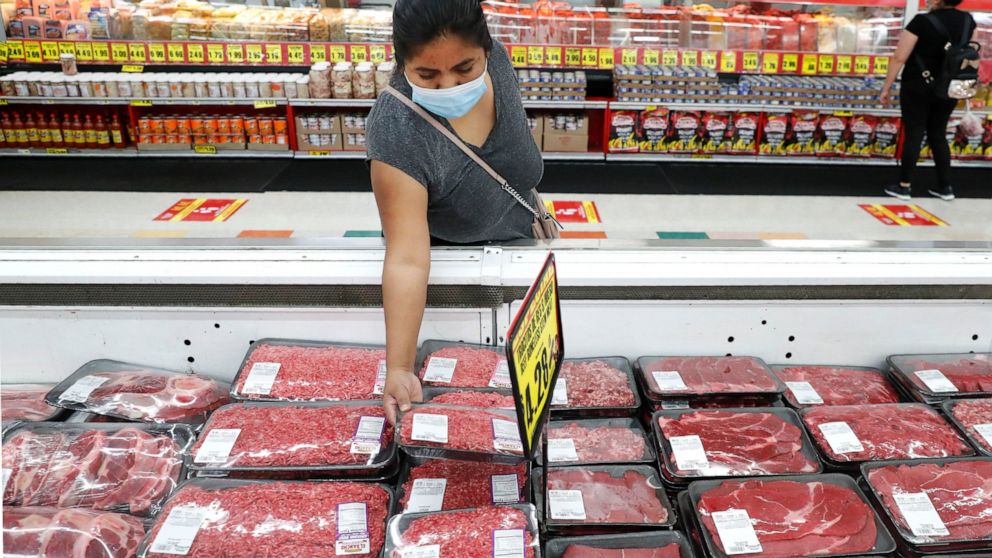April wholesale prices jump 0.6%, led by higher food costs
Wholesale prices rose a higher-than-expected 0.6% in April, driven by escalating food costs
WASHINGTON — Wholesale prices rose a higher-than-expected 0.6% in April, driven by escalating food costs. It’s more evidence that inflation pressures are starting to mount as the country emerges from a recession brought on by the pandemic.
The increase in the producer price index, which measures inflationary pressures before they reach consumers, was double the 0.3% gain that economists had been forecasting. The increase, reported Thursday by the Labor Department, followed a sizable 1% advance in March.
Over the past 12 months, wholesale prices are up 6.2%, the largest advance since the data was first calculated in 2010.
Food prices shot up 2.1% in April, the biggest monthly rise since a similar increase last October. Energy prices fell 2.4% after a string of big gains starting in December. Economists believe that energy prices will resume moving higher, reflecting among other things the temporary shutdown of a large fuel pipeline after a cyberattack.
Core inflation, which excludes volatile food and energy costs, rose 0.7% in April, reflecting widespread prices pressures that are showing up as demand increases with the wider re-opening of the economy. Over the past 12 months, core inflation is up 4.1%.
The report on wholesale inflation came a day after the government reported that consumer prices shot up 0.8% in April, the largest monthly jump in more than a decade, with one-third of the gain attributed to a record 10% increase in used car prices.
Federal Reserve officials including Fed Chairman Jerome Powell insist that the recent price increases will be temporary as the economy re-opens and not a sign that inflation is getting out of control.
But inflation worries have been blamed for steep declines in the stock market as investors worry that rising prices will eventually force the central bank to abandon its ultra-low interest rate policies put in place to support the economy after pandemic shutdowns forced millions of people out of their jobs last year.
![]()


